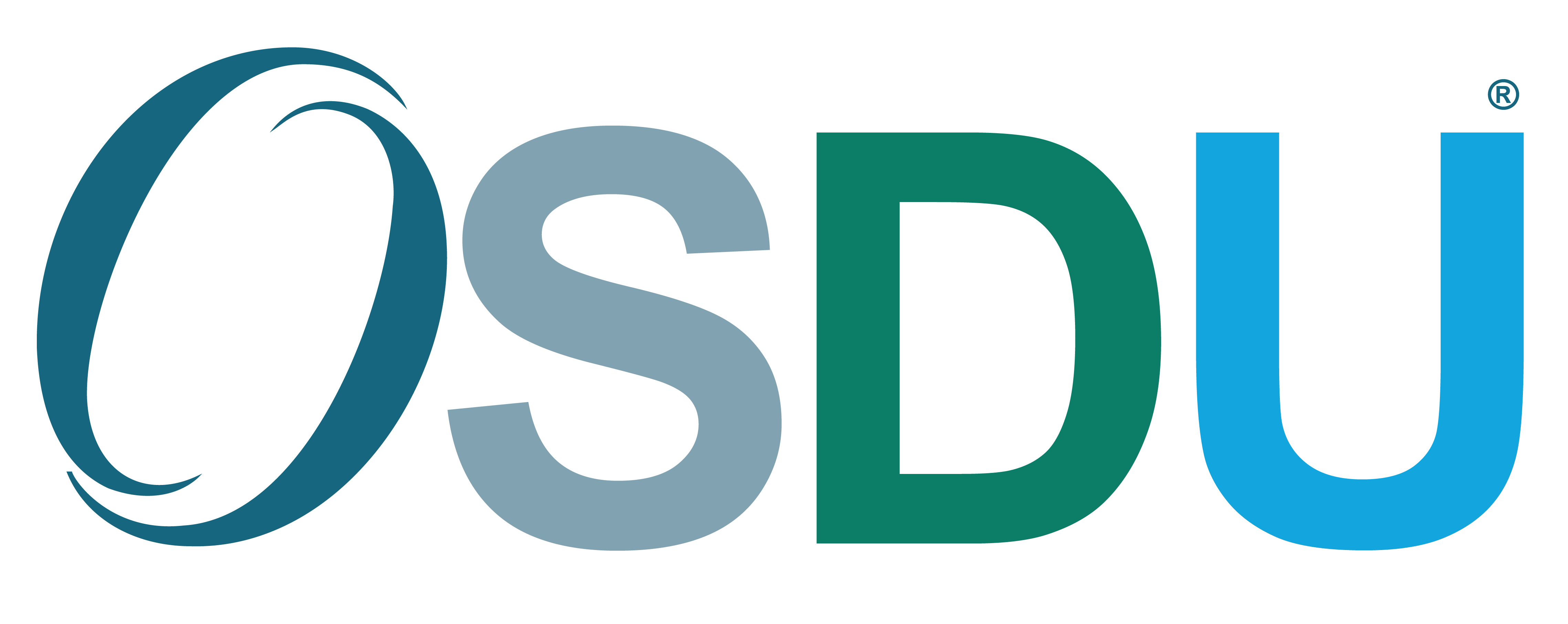OSDU Data Platform Mercury Release (R3) is now available
OSDU DATA PLATFORM RELEASE 3 – THE MERCURY RELEASE
The OSDU Data Platform Mercury Release (R3) is now available. This Open Source solution is available to anyone who wants to:
- Have a single data platform that liberates data from traditional data silos and makes all data discoverable and usable
- Enable new ways of performing integrated exploration and development workflows reducing overall cycle time
- Take advantage of Cloud Technology providing scalability and accelerating decision making
The OSDU Forum was created by operators, software vendors and technology providers to accelerate innovation and reduce costs. This is a collaborative project to deliver a common Open Source data platform that provides all of the undifferentiating capabilities needed to enable digital transformation and agile innovation. Mercury is the first release of the OSDU Data Platform focused on delivering value and increasing ease of use for exploration and development workflows.
The Mercury Release is a pivotal milestone for the community. It builds on our past accomplishments and focuses on delivering value to end users. The previous release delivered a robust common code base with common data definitions, extensibility and multitenancy. Mercury takes those elements and provides:
- Features an end user would find valuable and that are aligned with our vision to transform the way we work
- Features an organization requires that establish trust and security in the data platform for adoption
- Performant application data access through the addition of Domain Data Management Systems (DDMS)
- Flexible user-friendly data ingestion with automated enrichment capabilities inside the platform and enhanced compliance supporting both customer defined policies as well as traditional access rights to data
The Mercury Release provides a strong foundation for operators to accelerate their Digital Transformation initiatives while providing elasticity and scalability.
Going forward, the OSDU Data Platform will be emerging in smaller, more flexible increments building on the microservice architecture, with many different services that work together to provide the full functionality. In addition to these services, there are a number of common libraries and supporting projects. The future versioning strategy provides for correlation of versions between related services, while still allowing independent updates for small changes / bugfixes. To learn more on the OSDSU Release Strategy visit our OSDU Release Strategy page.
To learn more about how to develop applications the OSDU Data Platform, visit our application developer community page.
To learn more about how you can join the OSDU Forum to contribute your own passion and ideas to shape our future direction, visit our join the OSDU Forum page.

